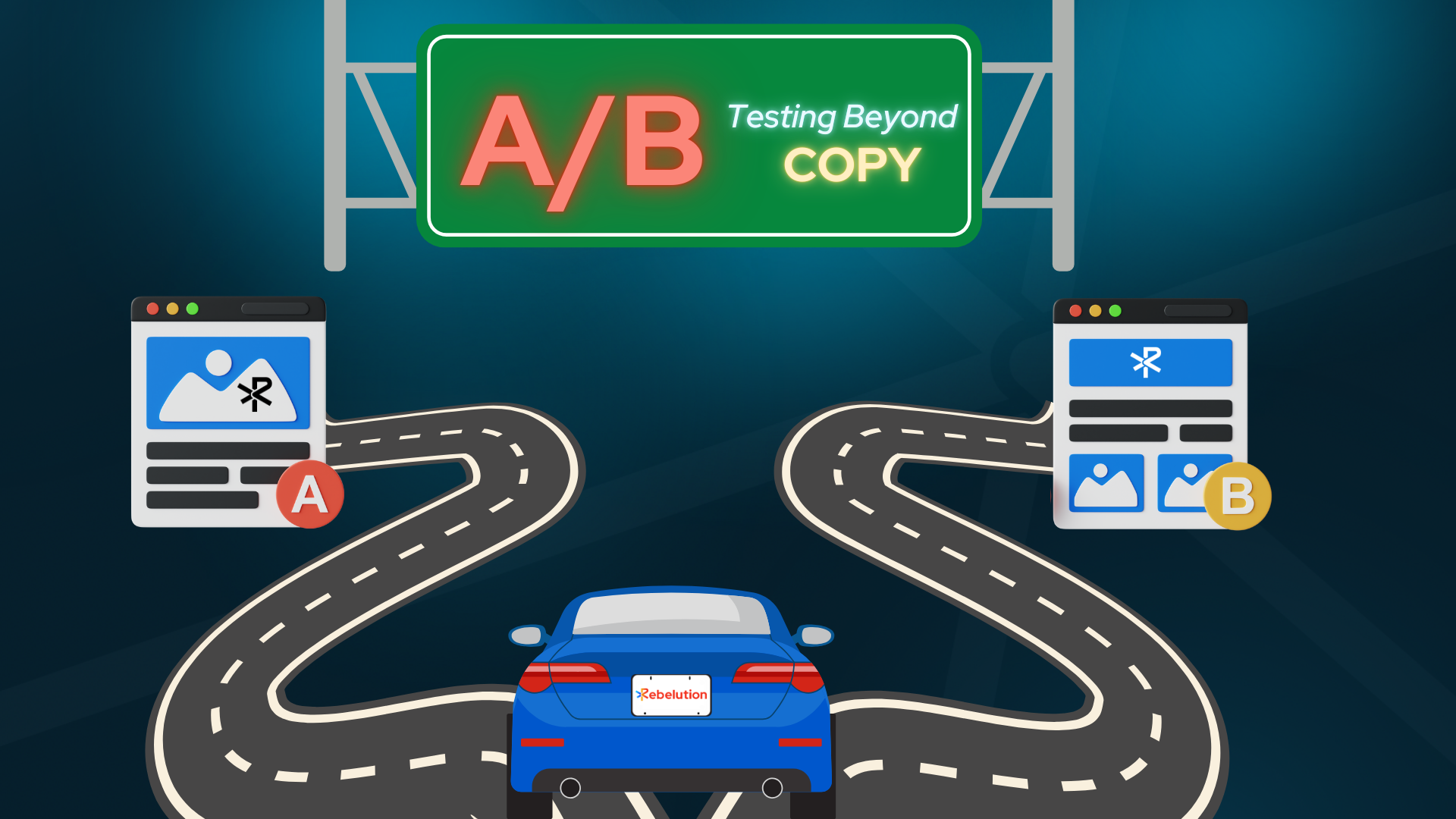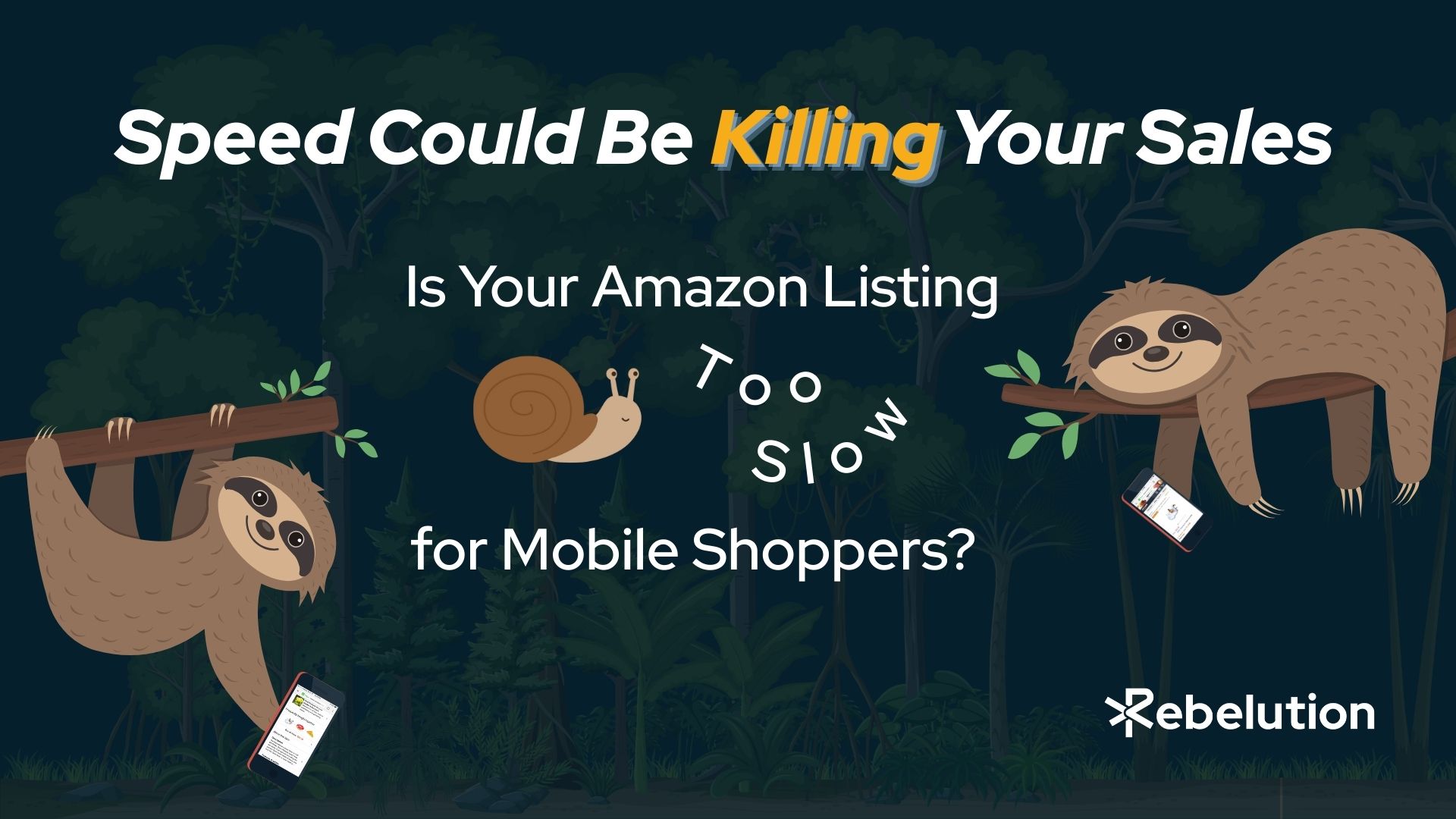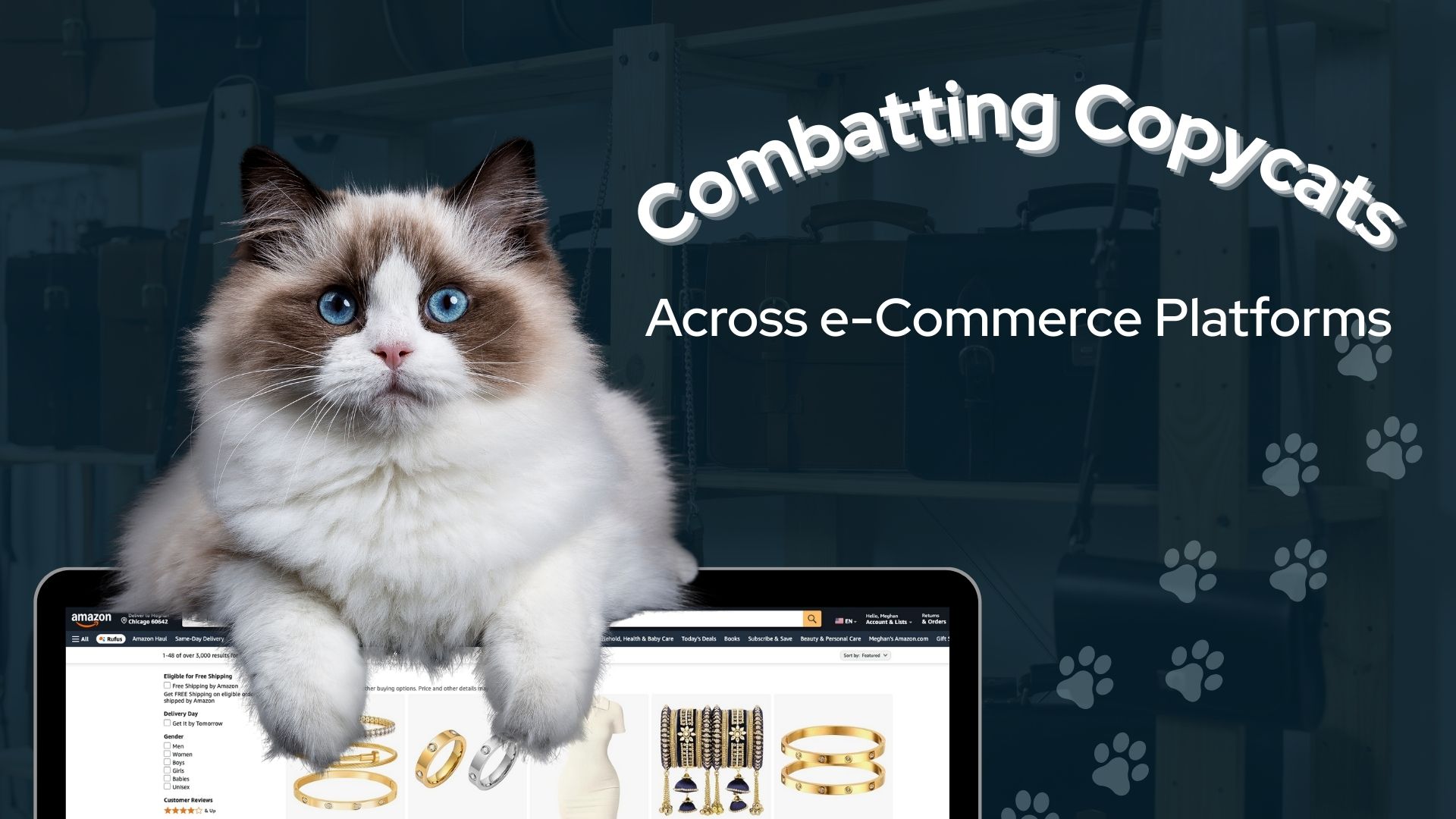
When thinking about A/B testing, changing headlines or fine-tuning text is usually the first thing that comes to mind. However, it is important to note that the scope of A/B testing extends much further—it offers the opportunity to test out different design elements and layout variations. Here are a few valuable ways to use A/B testing beyond copy.
Landing pages
Landing pages are the best and most comprehensive starting point for A/B testing. The landing page is customers’ first impression of your business and is meant to convert visitors into customers. There are many elements to landing pages: layout, navigation structure, special effects (hover, pop-ups, etc.), and more. Of course, copy plays a part in the landing page, but the elements are what grab your audience’s attention.
Call-to-action
The call-to-action prompts customers to follow through with your product or service, so it’s essential to know what catches their attention the most. Some variables to manipulate for A/B testing include color, design, and placement. The most common type of CTA is using a button, but some businesses find that text-based with hyperlinks or large banners more effective. What works best for your business depends on your audience and what they prefer, and testing the different options will help you identify that.
Color scheme
Regardless of what product you’re selling, trying out different color schemes for website or store pages can help you identify how to enhance your user experience and improve engagement. The psychology behind color is important to consider, as each color can evoke different emotions and perceptions of your brand. Color schemes can even create competitive advantage, because they can make your brand stand out from those that have not focused on website optimization.
Imagery style
Similar to color scheme, Imagery is usually one of the first things users notice when they come across your product or service on a website, ad, or store page. A/B testing with photographic vs. illustrated imagery can be an excellent way to see what catches your audience’s attention better. Imagery also creates the perception of your product/service in the consumer’s mind, such as making a sense of trust, reliability, uniqueness, etc. Photographic photos may feel more trustworthy, but illustrations may be more engaging. All audiences prefer different things, so it is essential to test. Additionally, imagery features such as sizing and placement can significantly affect the user experience and show you what is the best balance to keep customers interested but not overwhelmed.
A/B testing goes far beyond tweaking headlines and text. By experimenting with landing pages, call-to-action, color schemes, and imagery styles, you can significantly boost user engagement.
Make sure to subscribe to our Newsletter to stay up-to-date with e-commerce trends and get more tips and tricks!



